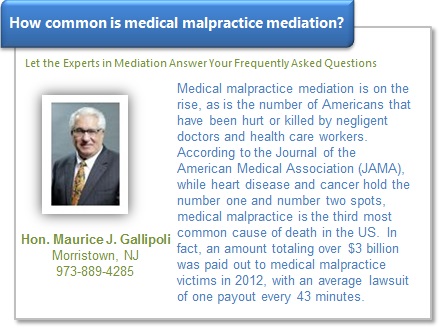
Image courtesy of Ambro / freedigitalphotos.net
Child custody battles are too often bitter and destructive, leaving children in the center of a tug-of-war that has little to do with their best interests. This is especially true when the custody struggle takes place in a litigated setting, as lawyers battle for their client’s best interest rather than the children who are at the center of the battle.
Any parent who has been through this and who has seen the negative effects it has will admit that litigation is not always the best way to handle it. However, when a couple is divorcing and both want to spend time with their children that they love dearly, how can it be settled otherwise with fewer negative consequences?
The answer is simple: child custody mediation. In child custody mediation, a neutral third-party mediator works with divorcing or separating parents to determine a child custody arrangement and schedule that has minimal impact on the child’s life and that avoids the bitter contention of a courtroom battle. In child custody mediation, the parents work together (instead of against each other) to determine what is best for them and their family.
The approach a child custody mediator will take is one that involves a frank, honest discussion about how the custody and visitation schedule would work to benefit everyone (most especially the children). In the child custody mediation process, the divorcing couple would be encouraged to work together to come up with the following:
- A custody and visitation schedule
- The list of possible foreseeable exceptions that would deviate from the regular schedule, such as holidays and vacations
- The method in which the divorcing parents will communicate with each other about the children; for example, regarding school issues, homework, extracurricular activities, etc.
- How special issues will be handled, such as religious exposure, medical care, etc.
Child custody mediation works because it encourages open and honest communication about the important topics rather than a battle that is all about selfish motives. This honest communication is the initial step to ensuring that a divorce or separation has minimal impact on their children’s lives and emotional health.





 Over the course of 20 months between March 1852 and September 1953, Charles Dickens published installments of what would become known as one of his best novels—Bleak House. It is known as one of his best due to the intricate and complex weaving of characters throughout the main plot and sub-plots of the book.
Over the course of 20 months between March 1852 and September 1953, Charles Dickens published installments of what would become known as one of his best novels—Bleak House. It is known as one of his best due to the intricate and complex weaving of characters throughout the main plot and sub-plots of the book.
